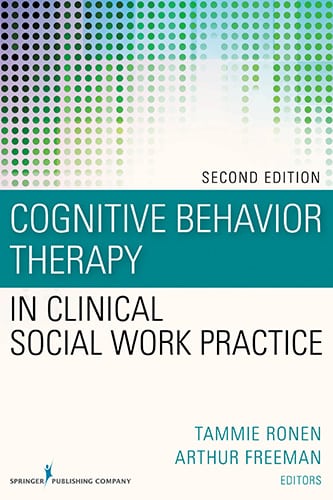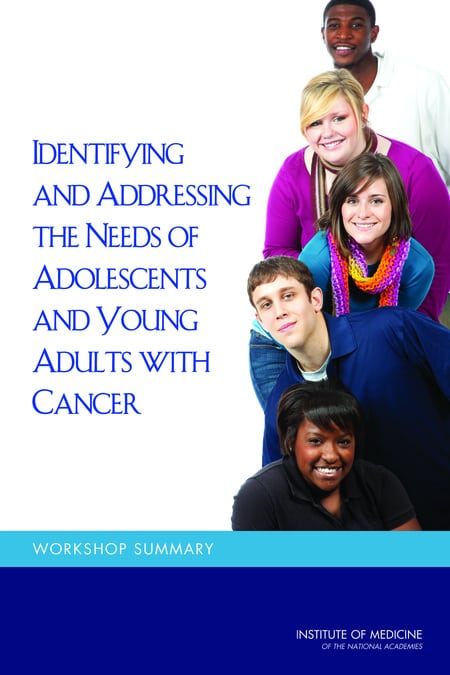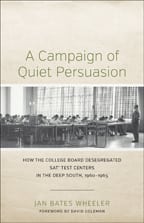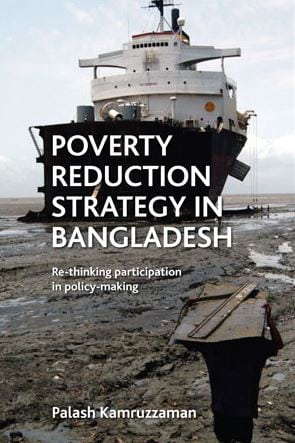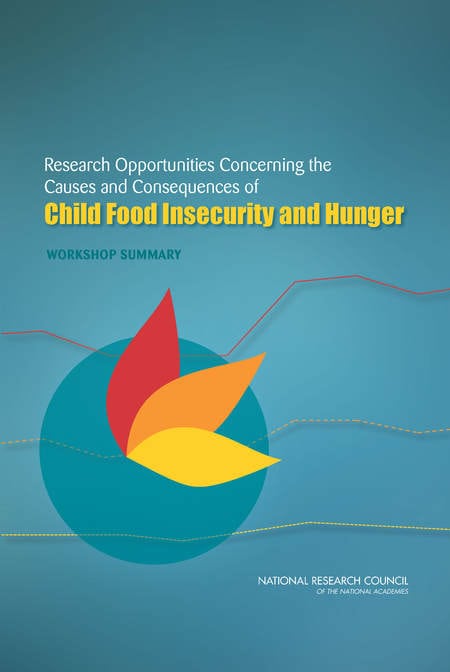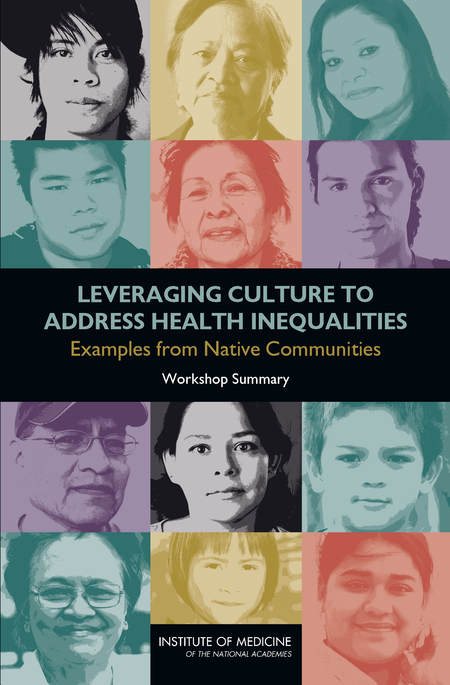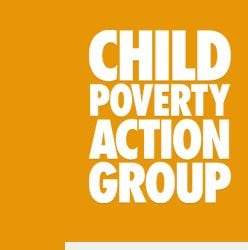Available here for the first time in English, this eyewitness account by one of Freud’s earliest students has been rediscovered for twenty-first-century readers. Isidor Sadger’s recollections provide a unique window into the early days of the psychoanalytic movement—the internecine and ideological conflicts of Freud’s disciples. They also illuminate Freud’s own struggles: his delight in wit, his attitudes toward Judaism, and his strong opinions concerning lay, nonmedical analysts
Naked Statistics: Stripping the Dread from the Data
Tax Is Not a Four-Letter Word: A Different Take on Taxes in Canada
New Perspectives on Poverty
This textbook explores the contemporary realities and perceptions of poverty in America since 1908. The authors use theoretical, empirical, and clinical knowledge in a reader-friendly and jargon-free manner to discuss public and private approaches to poverty and how interest groups influence policies.
Working and Living in the Shadow of Economic Fragility
Community Mental Health in Canada: Revised and Expanded Edition [Theory, Policy, and Practice]
“This book makes an important and unique contribution to understanding mental health issues in Canada, as well as across North America. Most books focus on mental health disorders and neglect the vast areas of service provision and delivery with their attendant complexities. Simon Davis has done an excellent job of covering all of these facets in this comprehensive and well referenced book.” – Jeannette Waegemakers Schiff, Associate Professor, Faculty of Social Work, University of Calgary
Big Book of Benefits and Mental Health 2014/15
This book is extensively used by community mental health teams, social workers, advisers, housing support workers and people affected by mental distress and their carers. If you advise people with mental health problems this book is a must. The advice and guidance it contains on issues such as personal independence payment and support for carers can also be used to advise on other health conditions or disabilities. This 14th annual edition due April 2014.
Recent Advances in Autism Spectrum Disorders – Volume I
The Wiley International Handbook of Clinical Supervision
Handbook of Minority Aging
Interviewing For The Helping Professions: A Relational Approach
Lawfully Wedded Husband: How My Gay Marriage Will Save the American Family
An Experiential Approach To Group Work, 2nd Edition
Field Experiments and Their Critics: Essays on the Uses and Abuses of Experimentation in the Social Sciences
Cognitive Behavior Therapy in Clinical Social Work Practice, Second Edition
Successful Grant Writing, 4th Edition: Strategies for Health and Human Service Professionals
Hippie Homesteaders: Arts, Crafts, Music and Living on the Land in West Virginia
Sports-Related Concussions in Youth: Improving the Science, Changing the Culture
Children With Multiple Mental Health Challenges: An Integrated Approach to Intervention
Ontario Boys: Masculinity and the Idea of Boyhood in Postwar Ontario, 1945—1960
The Psychoanalytic Study of the Child: Volume 67
The L Word
While deconstructing the history of misrepresentation of lesbians, The L Word’s new modes of storytelling and new perspectives made many aspects of lesbian experience, history, and culture visible to a large audience. Fans of the show as well as readers interested in cultural studies and gay and lesbian pop cultural history will enjoy this astute volume.
Care of Military Service Members, Veterans, and Their Families
The Child’s World: The Comprehensive Guide to Assessing Children in Need, 2nd edition
Gender-Inclusive Treatment of Intimate Partner Abuse, Second Edition: Evidence-Based Approaches
Psychology of Love 101
While many people view love as a nebulous concept that is difficult to study scientifically, there exists a substantial psychological discipline that studies intimate relations. This incisive text provides a comprehensive tour of both classic and contemporary theories and research on the how and why of human love.
The Encyclopedia of Elder Care: The Comprehensive Resource on Geriatric Health and Social Care, Third Edition
Ending child poverty by 2020: Progress made and lessons learned
Narrative Gerontology in Research and Practice
What is meant by narrative? How can one elicit a narrative or analyze it in research? How can narrative work best be facilitated among older adults? This is the only text to provide comprehensive information about the applications of narrative approaches in community and long-term settings, writing in the virtual world, and such individual work as journaling or poetry. The book explores the theories of narratives across many disciplines, research practices and analytical strategies, and applications in work with older adults.
Parental conflict: Outcomes and interventions for children and families
Enniscorthy Poorhouse
Discussion Framework for Clinical Trial Data Sharing: Guiding Principles, Elements, and Activities
An equal start? Providing quality early education and care for disadvantaged children
Help with Housing Costs: Universal credit and council tax rebates 2014-2015
This first edition due April 2014. This new guide covers the rules across Great Britain for help with personal housing costs available through the new universal credit and council tax rebate schemes. This first edition explains all the new rules for help with housing costs through universal credit and council tax rebates for homeowners, social housing tenants and private tenants starting from April 2014. It sets out the qualifying conditions for entitlement to universal credit and provides a more detailed explanation of the rules that relate to the housing costs element.
Design of the National Children’s Study: A workshop summary
Children Living in Transition: Helping Homeless and Foster Care Children and Families
Sharing the daily struggles of children and families residing in transitional situations (homelessness or because of risk of homelessness, being connected with the child welfare system, or being new immigrants in temporary housing), this text recommends strategies for delivering mental health and intensive case-management services that maintain family integrity and stability.
The political and social construction of poverty: Central and Eastern European countries in transition
Poverty is not a neutral phenomenon, nor are social inclusion programmes neutrally conceived, designed and implemented.Their ultimate nature is built upon ideas, values, actors, politics and economic constraints.This topical book is one of the first to examine the social and political construction of anti-poverty programmes in Central Eastern Europe and their transformation from communist rule to the current economic crisis.
Black Britannia: Roots in 18th century London
Black Britannia delivers research on the first generation of Blacks who shook the slavers’ capital in the 18th century. It restores the historical conditions that changed a people and the Metropolis of the Empire. Early African and Caribbean settlers are the focus. However, Black Britannia raises issues of conflict and change on two dynamic levels. It helps to understand the triumphs and travails facing ex-colonial peoples of colour in globalising London. And, it challenges historians and policymakers to review and rewrite their euro-centric urban histories.
Identifying and Addressing the Needs of Adolescents and Young Adults with Cancer: Workshop Summary
Cancer is the leading disease-related cause of death in adolescents and young adults. Each year nearly 70,000 people between the ages of 15 and 39 are diagnosed with cancer, approximately 8 times more than children under age 15. This population faces a variety of unique short- and long-term health and psychosocial issues, such as difficulty reentering school, the workforce, or the dating scene; problems with infertility; cardiac, pulmonary, or other treatment repercussions; and secondary malignancies. Survivors are also at increased risk for psychiatric conditions such as anxiety, depression, substance abuse, and suicide and may have difficulty acquiring health insurance and paying for needed care.
A Campaign of Quiet Persuasion: How the College Board Desegregated SAT Test Centers in the Deep South, 1960-1965
In 1954, the Supreme Court outlawed racial segregation in public schools with the Brown v. Board of Education ruling. Soon after—while the political demise of U.S. senator Joseph R. McCarthy unfolded—northern anti-Communists looked to the South as a promising new territory in which they could expand their support base and continue their cause. In response, southern segregationists embraced the assistance rendered by these Yankee collaborators, and in the years to come, southerners utilized the “northern messiahs” in executing a massive resistance to the Supreme Court’s desegregation decrees and the civil rights movement in general. Southern white leadership framed black southerners’ crusades for social justice and human dignity as a foreign scheme directed by nefarious outside agitators, “race-mixers,” and, worse, outright subversives and card-carrying Communists.
Social Security Legislation
Each of these annual volumes includes all relevant statutory material, including the date and effect of amendments, with commentary taking account of decisions of the courts, the former Social Security Commissioners and the Upper Tribunal, and with easy reference to the definitions of key statutory terms. Tables of cases and decisions and a comprehensive index are included in each volume to assist the reader.
Poverty Reduction Strategy in Bangladesh: Rethinking participation in policy making
This book analyses government relationships with international ἀnancial institutions by evaluating the role of citizen participation when national poverty reduction policies are formulated in low-income countries. Based on in-depth research from Bangladesh, the concept of participation is investigated from the contrasting perspectives of theory and practice.
Research Opportunities Concerning the Causes and Consequences of Child Food Insecurity and Hunger: A Workshop Summary
Section 141 of The Healthy, Hunger-Free Kids Act of 20101 provides funding for a research program on the causes and consequences of childhood hunger and food insecurity, and the characteristics of households with childhood hunger and food insecurity, with a particular focus on efforts to improve the knowledge base regarding contributing factors, geographic distribution, programmatic effectiveness, public health and medical costs, and consequences for child development, well-being, and educational attainment.
Leveraging Culture to Address Health Inequalities: Examples from Native Communities: Workshop Summary
The Radical Imagination: Social Movement Research in the Age of Austerity
Desegregating Private Higher Education in the South: Duke, Emory, Rice, Tulane, and Vanderbilt
After World War II, elite private universities in the South faced growing calls for desegregation. Though, unlike their peer public institutions, no federal court ordered these schools to admit black students and no troops arrived to protect access to the schools, to suggest that desegregation at these universities took place voluntarily would be misleading In Desegregating Private Higher Education in the South,Melissa Kean explores how leaders at five of the region’s most prestigious private universities—Duke, Emory, Rice, Tulane, and Vanderbilt—sought to strengthen their national position and reputation while simultaneously answering the increasing pressure to end segregation.
WCA Case Law Pack: Employment and Support Allowance
Masculindians: Conversations about Indigenous Manhood
Between October 2010 and May 2013, Sam McKegney conducted interviews with leading Indigenous artists, critics, activists, and elders on the subject of Indigenous manhood. In offices, kitchens, and coffee shops, and once in a car driving down the 401, McKegney and his participants tackled crucial questions about masculine self-worth and how to foster balanced and empowered gender relations.
Queer Chivalry: Medievalism and the Myth of White Masculinity in Southern Literature
Beginning with Twain’s famous critique of “the Sir Walter disease” that pilloried the South, Pugh focuses on authors who questioned the code of chivalry by creating protagonists whose quests for personal knighthood prove quixotic. Through detailed readings of major works. . . . Pugh demonstrates that the hypermasculinity of white-knight ideals only draws attention to the ambiguous gender of the literary southern male.
